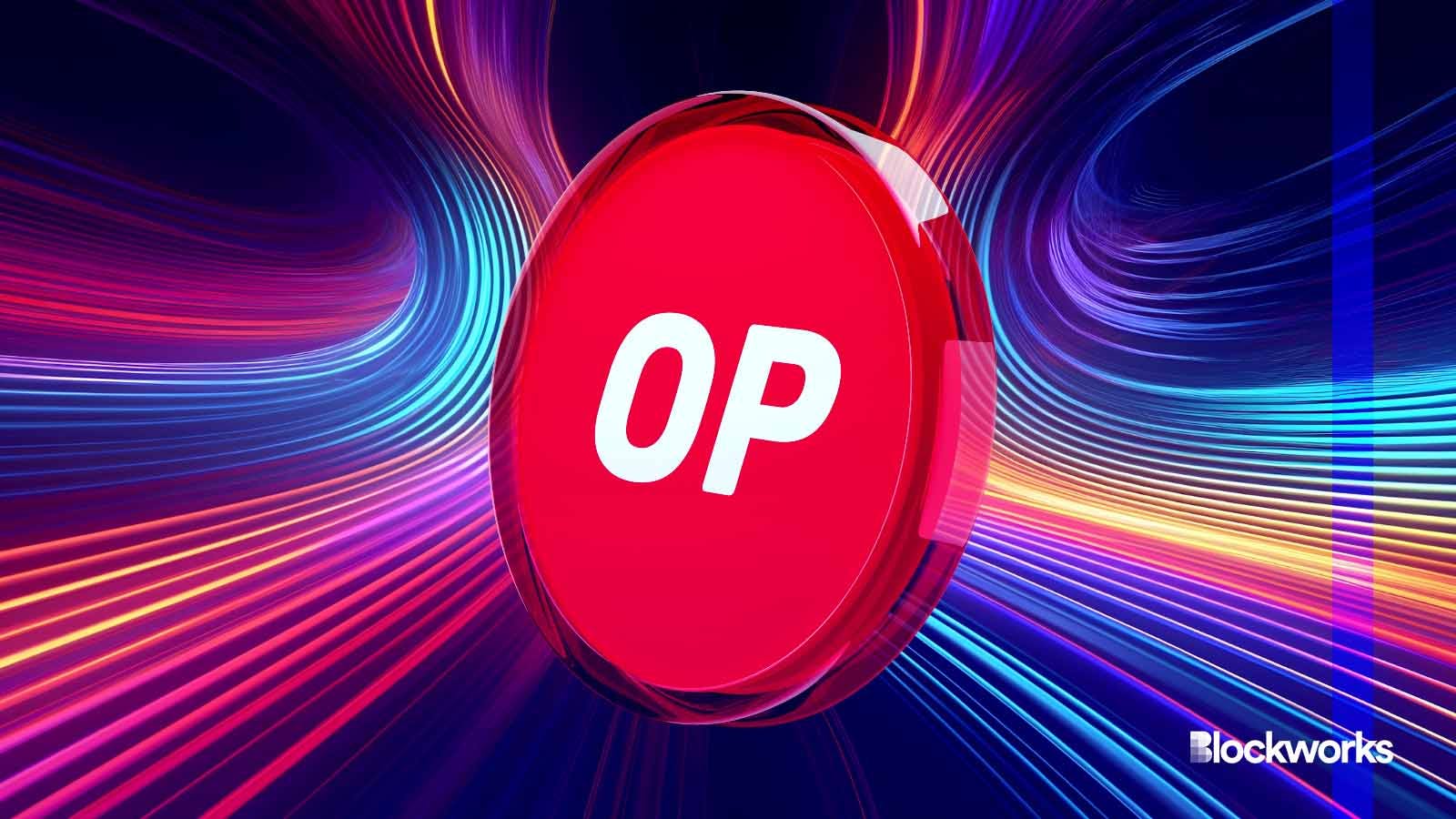Optimism squabbles over public goods funding to VC-backed projects
The layer-2’s community is split on who is deserving of 30 million OP tokens earmarked for providers of free services

Dang Pham/Vecteezy and Ameen Alassar/Shutterstock modified by Blockworks
As voting winds down on Optimism’s public goods funding, backlash is emerging against projects that are set to receive the public goods funding.
Critics argue that projects with solid financial backing should not receive these tokens. Instead, they are advocating for their distribution to contributors without financial backing.
The Optimism Collective is retroactively disbursing roughly $53 million in OP tokens to reward people and projects who have contributed “public goods” to the popular layer-2. Voting on applicants ends Dec. 7.
The ongoing squabble is the latest complaint about DAO treasury spending, and comes as the crypto market stares down another potential bull run.
Read more: Crypto’s most hated rallies may have confirmed the bull market
In crypto, public goods are services projects or individuals provide for free to chains or ecosystems — think Ethereum’s MEV relayers or protocols that allow forks of their code.
The Optimism Collective is the governance and community arm of Optimism. It is giving out 30 million OP, worth around $53 million at current prices, to those behind public goods in the third round of its retroactive public goods funding (RPGF).
Some Optimism community members want the layer-2’s RPGF to prop up those who work for free while excluding public goods providers who have other funding sources — particularly venture capital money.
For example, Subli is the pseudonymous creator of the Optimist newsletter, which publishes Optimism-related news for 10,000 subscribers. Subli also said he has done “hundreds of hours” of unpaid business development on behalf of the Optimism Foundation, the company supporting the Optimism Collective. With a different full-time job and two young sons, Subli said to Blockworks in a Telegram message that Optimism takes up all of his free time.
Subli’s newsletter received around 19,000 OP from the last round of RPGF, but this time, he doesn’t have enough votes.
“I think that projects that are VC funded should not qualify for RPGF funding. Once you accept VC dollars, with their implicit expectation of a financial return, you’re not a public good,” ENS lead developer Nick Johnson wrote on X.
Among the most criticized RPGF applicants has been the Web3 development platform Alchemy. Alchemy has raised over $500 million over multiple funding rounds with participation from the likes of Andreessen Horowitz, Pantera Capital and Lightspeed Venture Partners.
“Our application focuses on the public work we’ve done to bring the benefits of Account Abstraction to the OP Stack and the EVM ecosystem…the scope of the grant application does not extend to all of Alchemy, as some have suggested, and complies with all of Optimism’s application requirements on their stated principle of ‘impact = profit’,” Noam Hurwitz, the engineering lead at Alchemy, told Blockworks.
The Optimism Collective’s documentation affirms that VC-backed groups are eligible for funding, saying that voting should be solely based on potential impact to the collective.
A protocol designer at Eigenlayer pseudonymously named kydo said on X that asking Alchemy and other well-heeled projects to withdraw from RPGF is “anti-competitive and against the spirit of crypto.” They added that funds “should be allocated to the most promising ideas.”
As altcoin prices rise ahead of a possible bull run, requests for native token-denominated DAO funds have been scrutinized in general.
Community backlash brought about the defeat of a proposal for Blockworks Research, Gauntlet, and Trail of Bits to receive over $2 million-worth of Arbitrum (ARB) tokens to manage governance on the Arbitrum DAO.
Two weeks later, the co-founders of Bankless burned their BANK tokens amid controversy over a 1.82 million ARB education and onboarding proposal made on Arbitrum by BanklessDAO.
Get the news in your inbox. Explore Blockworks newsletters:
- The Breakdown: Decoding crypto and the markets. Daily.
- 0xResearch: Alpha in your inbox. Think like an analyst.






